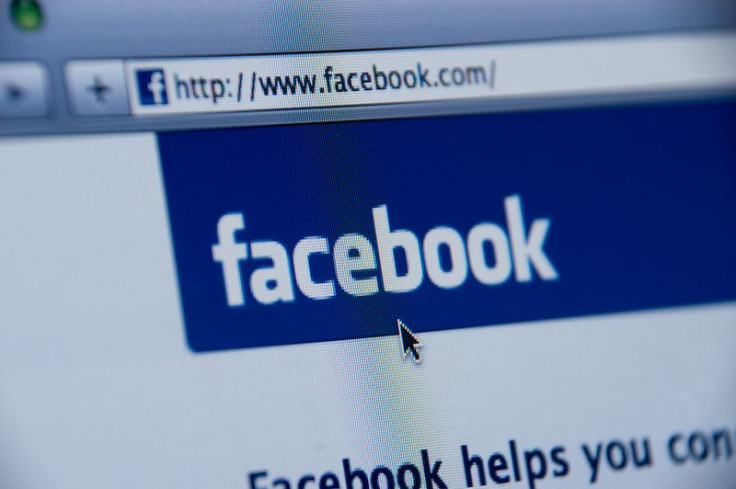Women Start A Petition Against Facebook's 'Feeling Fat' Emoticon; The Status On Body Image And Self-Fulfilling Prophecy

There’s a petition to remove the Facebook emoticon for "feeling fat," and it’s less than a thousand signatures away from reaching its goal of 15,000.
“When Facebook users set their status to ‘feeling fat,’ they are making fun of people who consider themselves to be overweight, which can include many people with eating disorders. That is not ok,” Catherine Weingarten wrote in her Change.org petition. Weingarten, a playwriting MFA candidate at Ohio University, wrote the petition with Endangered Bodies, a local-global initiative to free women from body hatred. It launched at the end of February as a way to mark National Eating Disorders Awareness Week.
Since then, women from across the world have rallied around the petition on social media using the hashtag #FatIsNotAFeeling. Many women agree with Weingarten when she says, “fat is a natural part of our bodies, no matter their weight. And all bodies deserved to be respected and cared for.” Feeling fat, to Weingarten and her supporters, is more an insult than a feeling.
From a scientific perspective, a flippant status may do more than insult other Facebook users. A study published in 2012 found teens who felt fat despite not actually being so were likely to be obese as adults. And earlier this year, a paper published in Psychological Science expanded upon this research, finding teens who feel fat at a normal weight run a greater risk of becoming overweight or obese by the time they are 30.
Simply put, “feeling fat” may be a self-fulfilling prophecy — ideas that become reality because someone believes them. Psychology Today cited research from Iowa State University that found children of parents who believed they would abuse alcohol were likely to drink more than expected. So this adds to the theory that “prophecies are especially self-fulfilling for stereotyped groups.” Of course, one such group would be overweight and obese women.
Not only is self-perception more powerful than most people realize, but studies show adolescents with negative body image are more likely to be depressed, anxious, and suicidal in adulthood than those who are happy with the way they look. Facebook in particular has previously been accused of promoting negative body image, with separate studies showing Facebook use can lead to poor body image, increasing risk of eating disorders.
“Some of the people, they think this issue is overdramatic, or saying, ‘Oh, I feel fat after I ate on Sunday,’” Weingarten told The Washington Post. “But that’s not really the issue. I feel like they’re not really thinking of the experience of people who do really struggle with eating disorders.”
Weingarten is one of those women who struggled with an eating disorder. In a separate interview with People, she said seeing the words “I feel fat” take her back to when she was struggling, and she wants Facebook, as well its users, to see this phrase isn’t “a light, cute sort of thing for everyone.” Facebook is the most popular social media site, with 58 percent of all American adults using it, according to a Pew Research Center report.
"This issue is so important because, being a young person, Facebook is kind of the way we live," Weingarten said.
Perhaps the most important message Weingarten wants to get across is not only that she doesn't believe fat is a feeling, but when Facebook users claim to feel this way, it’s possible their feelings don't have anything to do with weight. Weingarten learned in therapy the times she would feel this way were times she didn’t feel good enough. Caroline Rothstein relayed this same realization when talking about overcoming her negative body image in a video for BuzzFeed.
For what it's worth, Facebook is working with the National Eating Disorders Association to provide resources to those struggling with disorders. The site also just announced it’ll launch new suicide prevention tools. While Endangered Bodies has yet to speak with the social media site, Weingarten is optimistic.



























